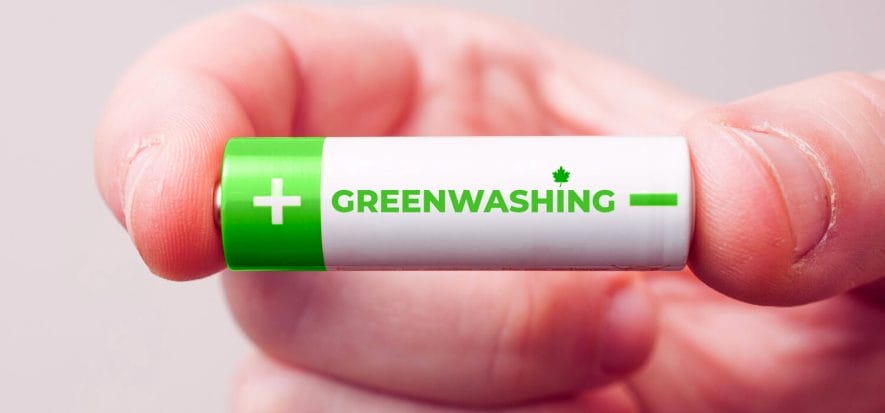In commercial communication there is a big problem with sustainability claims. That is to say with the slogans of companies that self-promote their own green excellence. Fortunately, someone begins to notice. Because a European-wide research conducted by the International Consumer Protection Enforcement Network (ICPEN) has verified that 42% of these claims “are exaggerated, false or misleading”. They use words that are not only misleading, but openly fraudulent, “to the point of being able to qualify – observe the authors of the research – as unfair commercial practices under EU rules”.
Sustainability claims
Eco. Sustainable. Bio. Those in the sights of ICPEN are the typical messages of greenwashing. Those go through seemingly harmless prefixes. By sifting through 344 advertisements of dubious accuracy, the authors of the research identify two types of malice. “In 59% of cases the seller did not provide easily accessible scientific evidence to support his claims – reports ICPEN -. In 37% of cases, a vague and generic lexicon is used, capable of encouraging the consumer to make an unsubstantiated impression on the lack of negative impact on the product’s environment”.
Leather knows something about it
ICPEN research is at 360 degrees: it ranges from fashion to cosmetics, passing from food. But the operators of the leather supply chain will recognise the issue. It’s the same battleground as eco-leather. Which, as we tell you in La Conceria n. 2, by definition (and rightfully so) is leather tanned respecting the standards established by a UNI standard. But which, in common language, after years of greenwashing hype, has ended up identifying alternative materials. It is a story in which the Leather Decree has come to bring order, but still far from being solved. We will talk about it more fully in La Conceria n. 3.
Read also:










